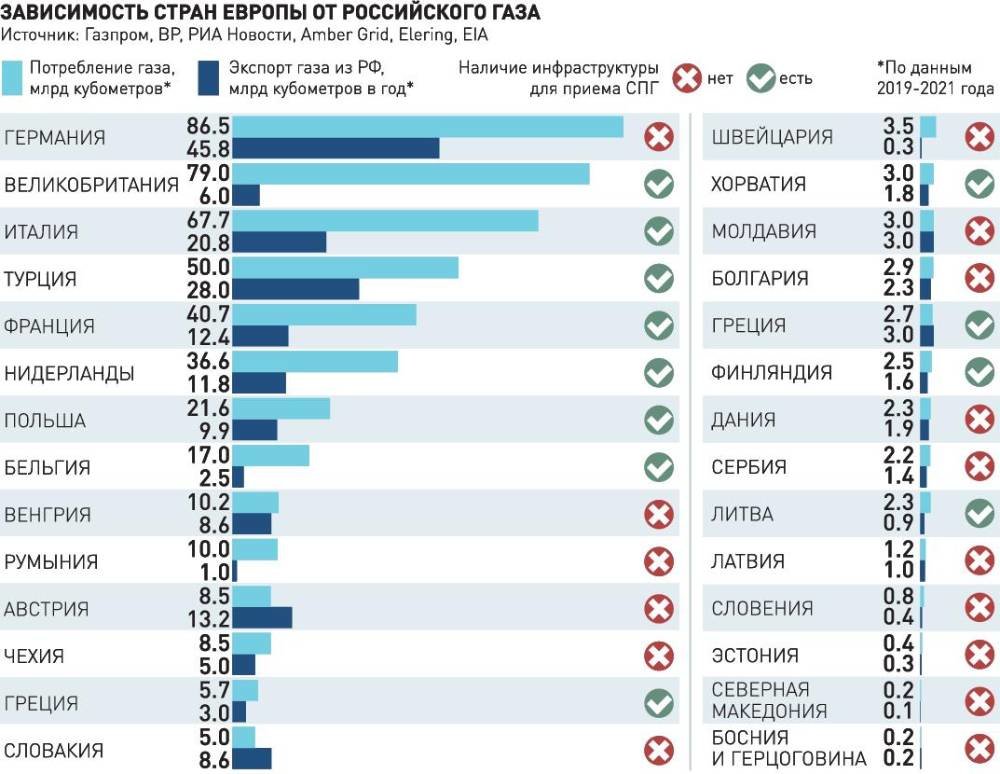
Regular Gas vs. Premium Gas: What's the Difference and Should I Care?
Content
Doing the extra research needed to save a few dollars is a common practice for most of us. On the other hand, when our wallet seems fatter than usual, we tend to spend more freely. But when it comes to the pump, does it make sense to put regular gas in a car that is supposed to charge premium? Does it make sense to pour premium gasoline into a car that only needs regular? The answers may surprise you.
How does the engine use gasoline?
To understand the differences in gasoline, it's helpful to know exactly how your engine performs when it uses gas. Gasoline assists in combustion, which occurs when a spark plug delivers a small electrical current that ignites a specific mixture of air and fuel in a combustion chamber. The energy created from this reaction drives the pistons in the cylinders that drive the crankshaft, giving your car the power it needs to move.
Combustion is a relatively slow process, and the amount of spark is enough to ignite the air/fuel mixture near the spark plug, which gradually expands to ignite everything else. The engine is optimized for this response so it can absorb as much energy as possible, and many engines are designed differently for different purposes (for example, a sports car is built for power, while a hybrid car is built for fuel economy). and everyone works differently because of that.
Optimizing the engine in this way is important for several reasons. The air-fuel mixture, to which the flame front has not reached, changes significantly in pressure and temperature before the reaction. If the conditions in the cylinder contain too much heat or pressure for the air/fuel mixture, it will spontaneously ignite, resulting in engine knock or "detonation". This is also called "knocking" and creates a ringing sound as combustion does not occur in the timely manner that the engine needs to perform optimally. Engine knocking can be completely insignificant or have serious consequences if ignored.
What is gasoline and how is it priced?
Oil is a hydrocarbon compound consisting of carbon and water as the main components. Gasoline is mixed according to special recipes, including about 200 different hydrocarbons from oil. To evaluate the knock resistance of gasoline, two hydrocarbons are used: isooctane and n-heptane, the combination of which determines the volatility of the fuel in terms of combustion potential. For example, isooctane is resistant to spontaneous explosion, while n-heptane is very susceptible to spontaneous explosion. When summed up in a certain formula, we get a rating: so if 85% of a recipe is isooctane and 15% is n-heptane, we use 85 (percent isooctane) to determine the rating or octane level.
Here is a list that shows normal octane levels for the most common gasoline recipes:
- 85-87 - Normal
- 88-90 - Superior
- 91 and above - Premium
What do the numbers mean?
These numbers basically determine how quickly gasoline ignites, given the conditions of the engine it will be used in. Thus, premium gasoline does not necessarily provide more power to the engine than regular gasoline; this allows more aggressive engines (say, turbocharged engines) to get more power from a gallon of gasoline. This is where recommendations on fuel quality for cars come in.
Since more powerful engines (Porsche 911 Turbo) generate more heat and pressure than less powerful engines (Honda Civic), they require a certain level of octane to operate optimally. The tendency of an engine to knock depends on the compression ratio, which in turn affects the design of the combustion chamber itself. A higher compression ratio provides more power during the expansion stroke, which directly contributes to higher pressure and temperature in the cylinder. Thus, if you fill an engine with insufficient octane fuel, it has a higher tendency to knock.
What does this mean for manageability?
The Car and Driver program tested how different types of fuel affect the engine performance of different cars and trucks. In a two-part experiment, they tested a number of cars (some running on regular gas and some on premium) on regular gas, drained the tanks, ran them on premium gas for a few days, and then tested again. In the end, any performance gain from going premium was far from significant and definitely not worth the price increase. On the other hand, most vehicles (3 out of 4) performed worse if they did not use the suggested fuel.
Car engines are built to maintain a certain optimized level of performance, and fuel recommendations are made with that in mind. An immediate engine failure may not occur, but it can have devastating long-term consequences that can lead to costly repairs.
Did you fill the car with the wrong fuel? Call a mechanic for a thorough inspection as soon as possible.
